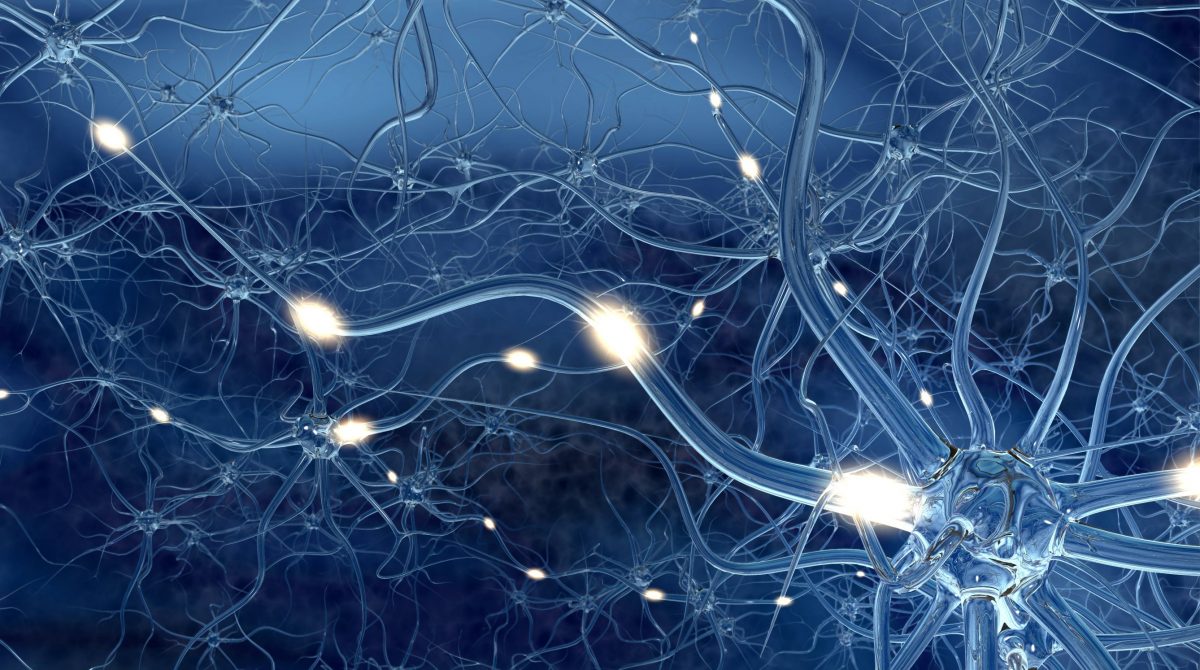Your child with ASD will never learn to speak, they say. He’ll never get a job or a girlfriend for that matter. He’ll always depend on you, they say. But the last thing that a parent of a child with autism needs is yet another negative prediction of how horrible their child’s future is going to be. Yes, your little boy or a girl may be different, but different doesn’t mean worse. And scientific studies have finally proven what parents of autistic kids have known all along. That there are lots of areas where people on the spectrum are as good as or outperform neurotypical individuals. Today, let’s focus on the positive traits that many individuals with autism share.
Hyper Focus
Lots of individuals with autism are incredibly interested in certain topics like dinosaurs, neuroscience, and statistics. Because people on the spectrum often have an astonishing ability to concentrate, they often learn far more and far faster than the average person on topics they’re interested in.
Super Memory
When this impressive ability to concentrate is combined with an incredible ability to recall information, we arrive at a notable combination. This is precisely what makes so many autistic individuals great scientists.
Attention to Details and Patterns
Autistic individuals often outperform neurotypical people in recognizing details. This is particularly notable when it comes to visual information, such as recognizing patterns in distracting environments. Their analytical approach and attention to detail makes many autistic individuals great statisticians.
Resilience
Many people with ASD work through challenging problems even when they are tired or face difficulties. Giving up is not in their vocabulary.
Honest and Direct
Autistic people rarely lie and are usually highly ethical. They tell you things the way they are without sugarcoating or white lies. These traits don’t always win them friends, but if you want an honest opinion about a topic, ask a person on the spectrum about it.
Unbiased and Non-Judgmental
People with ASD treat you the same way regardless of your race, religion, or sexual orientation. They don’t care what is cool or trendy today, and happily declare their love for non-popular music or art. Unlike neurotypical individuals, people with ADS are rarely impressed by the car your drive or the job you have. In a judgmental and shallow world, this is highly refreshing!
Creativity
Many individuals with ASD have wide imaginations. They aren’t afraid to express themselves because other people’s opinions don’t matter that much to them. This frequently makes people on the spectrum highly creative. Their work is often unique and unmistakably theirs.
Naturally, no two people with ADS are alike and none of the traits described above are shared by all people with autism. Also, autistic adults themselves tend to describe their traits as neither being good nor bad. For example, they might say that their ability to pay attention to details might serve them well when working but bring them lots of unnecessary stress when walking down a crowded street.
I think that it’s time for us to stop thinking about autism as some immense burden that results in nothing but negative traits. Too often do people try to force individuals with ASD to fit the neurotypical mold.
References
Chamak B, Bonniau B, Jaunay E, Cohen D. (2008). What can we learn about autism from autistic persons? Psychother Psychosom. 77(5):271-9. doi: 10.1159/000140086. Epub 2008 Jun 18. PMID: 18560252.
Dawson M, Mottron L. (2009). Where Autistics Excel: Compiling an Inventory of Autistic Cognitive Strengths. Chicago, IL: International Meeting for Autism Research.
Grandin T. (2012). Different… Not Less: Inspiring Stories of Achievement and Successful Employment from Adults with Autism, Asperger’s, and ADHD. Arlington, TX: BookBaby.
Mottron L. Changing perceptions: The power of autism. Nature. 2011;479:33–35
Russell, G, Kapp, S.K, Elliott, D., Elphick, C., Gwernan-Jones, R., & Owens, C. (2019). Mapping the Autistic Advantage from the Accounts of Adults Diagnosed with Autism: A Qualitative Study Autism Adulthood. Jun 1; 1(2): 124–133. Published online 2019 Apr 13. doi: 0.1089/aut.2018.0035 PMCID: PMC6493410
Shah A, Frith U. (1993). Why do autistic individuals show superior performance on the block design task? J Child Psychol Psychiatry. Nov;34(8):1351-64. doi: 10.1111/j.1469-7610.1993.tb02095.x. PMID: 8294523.










